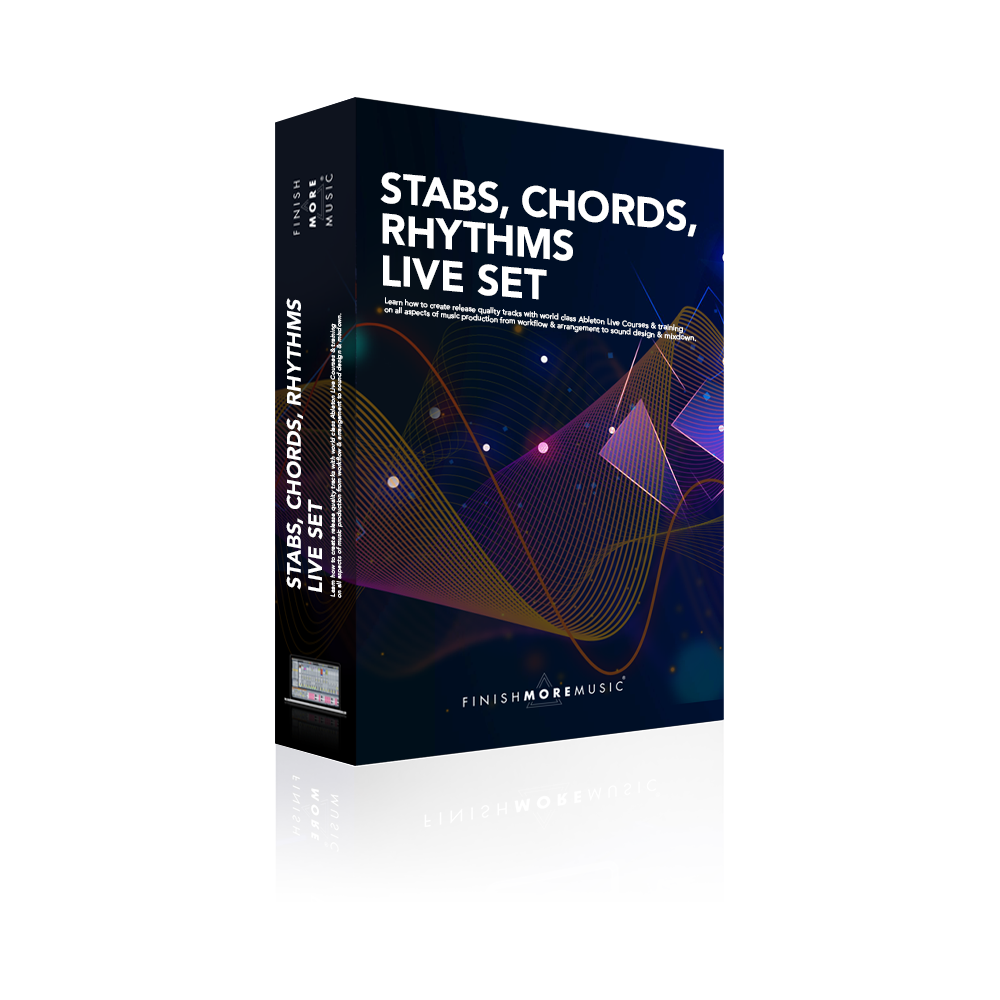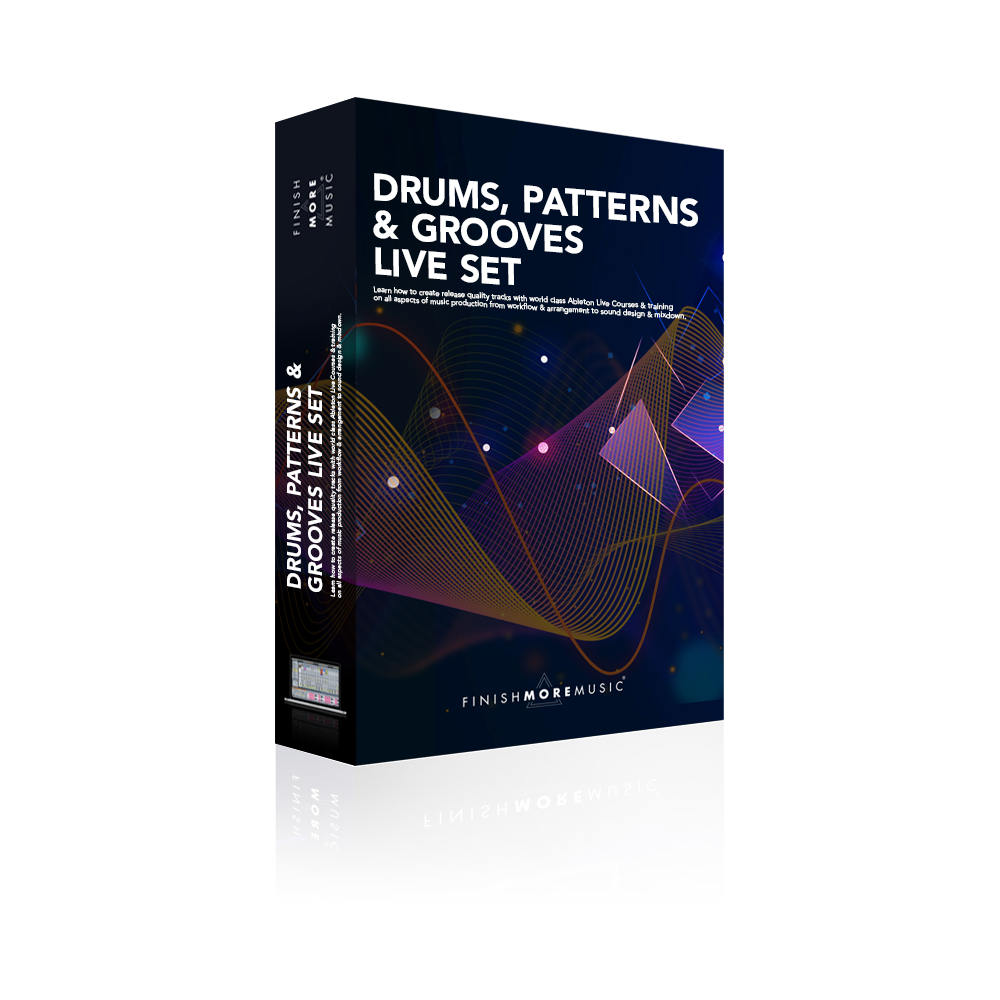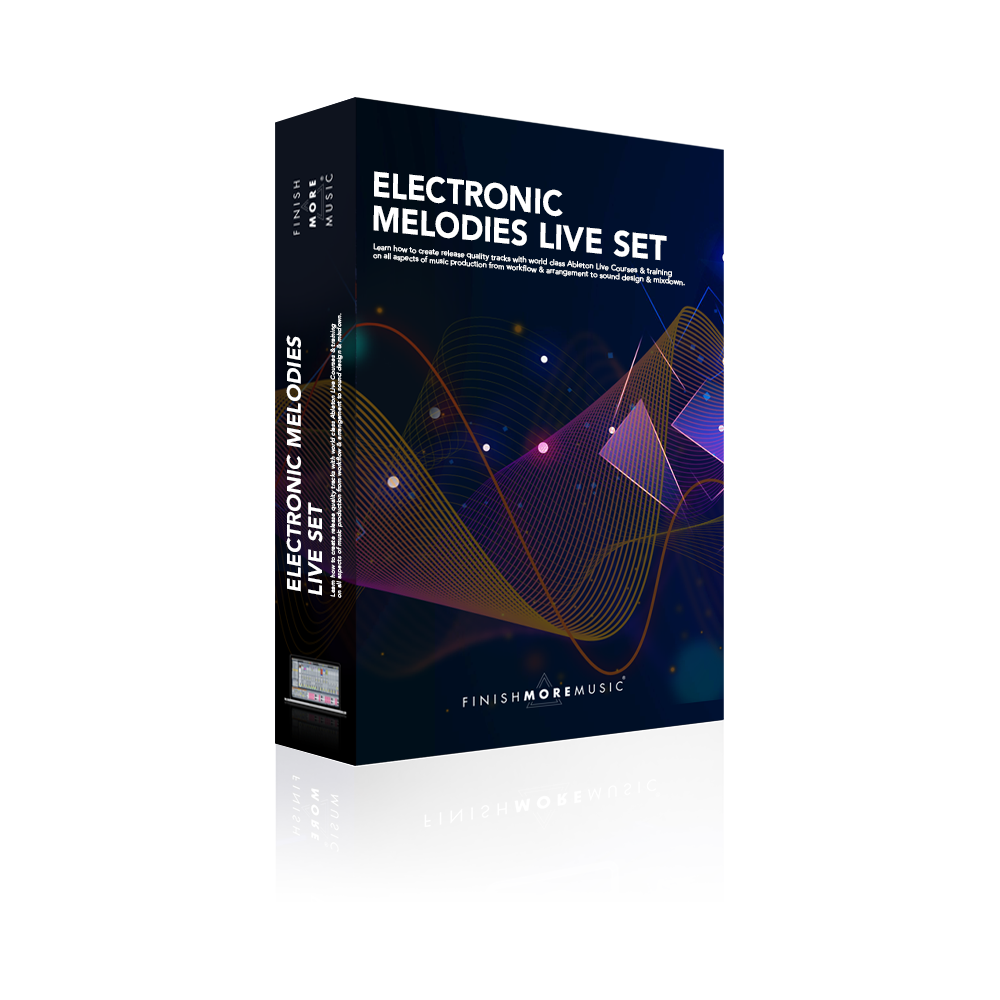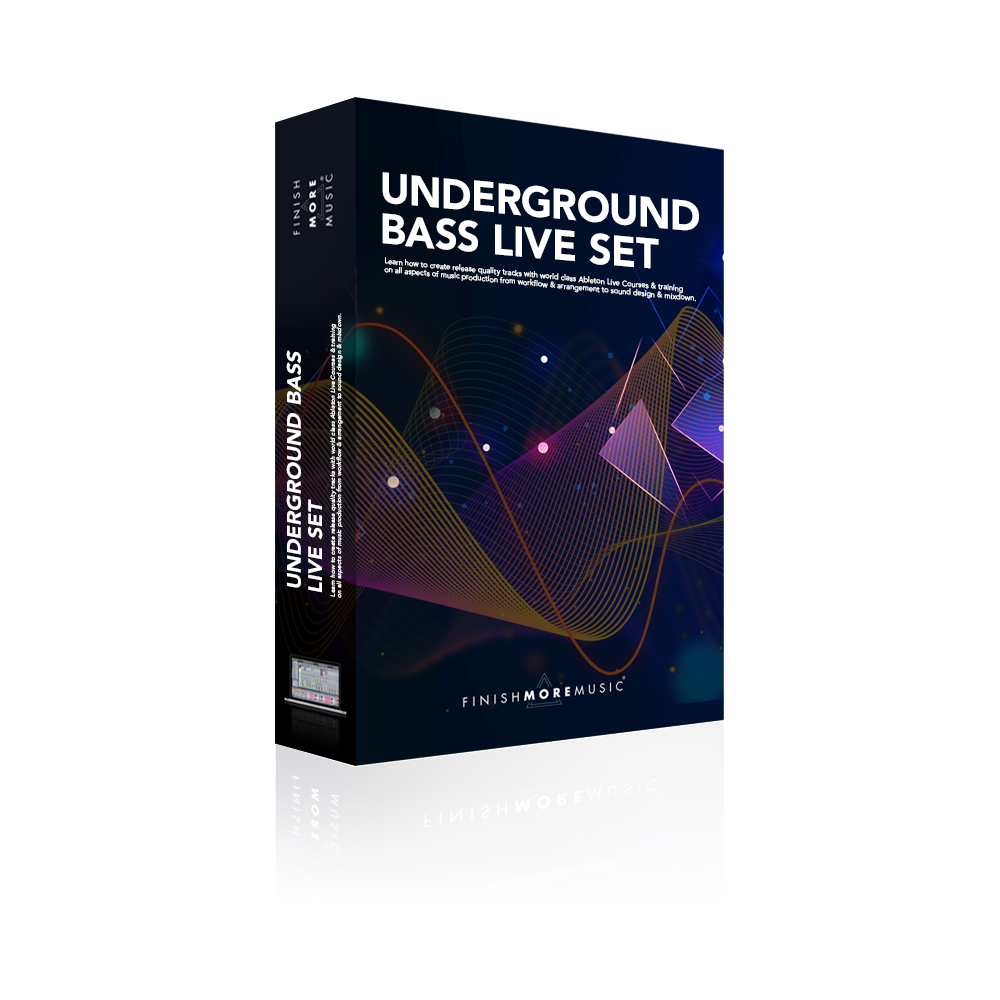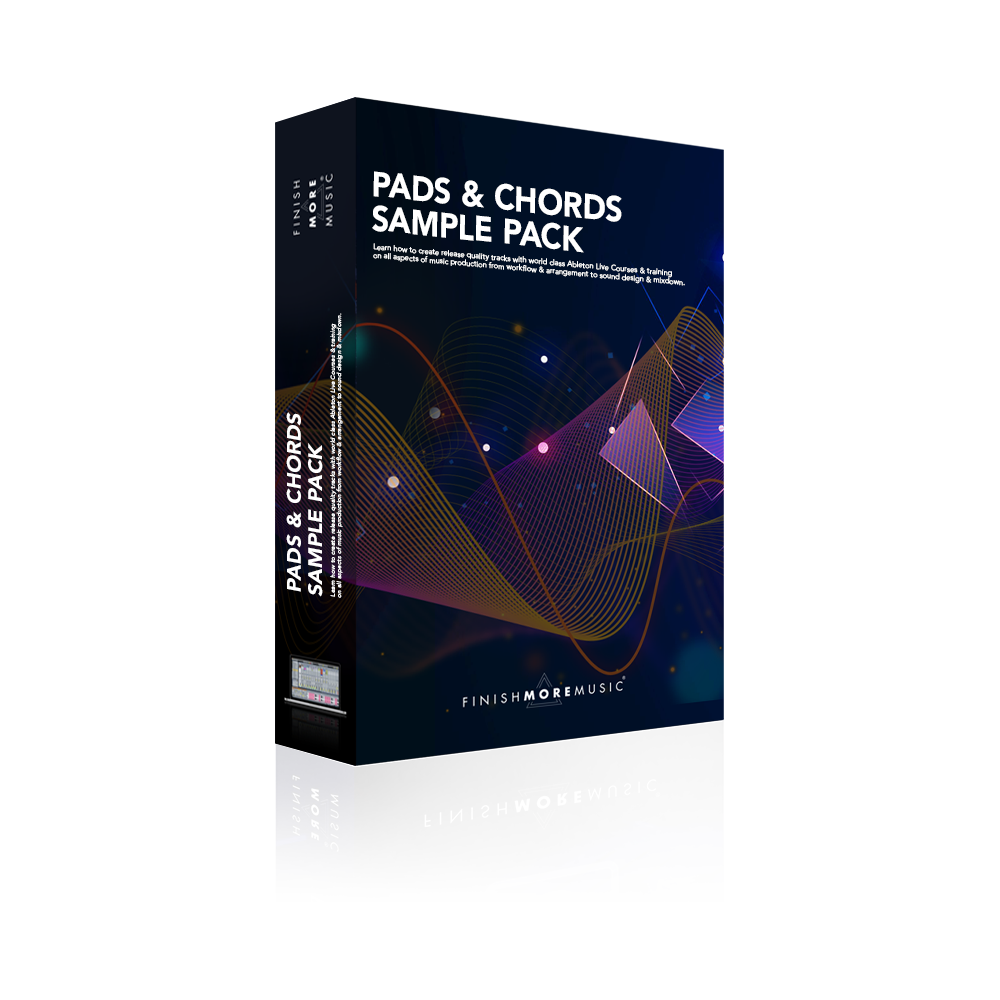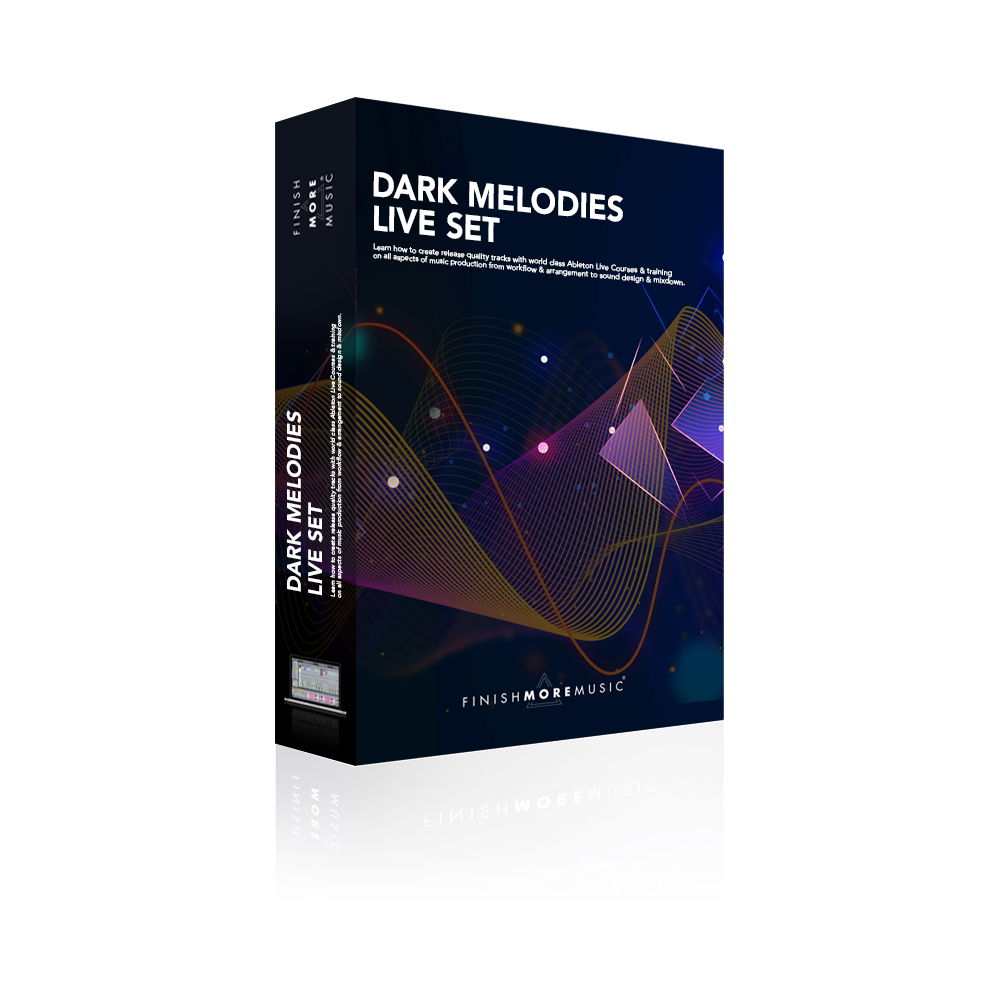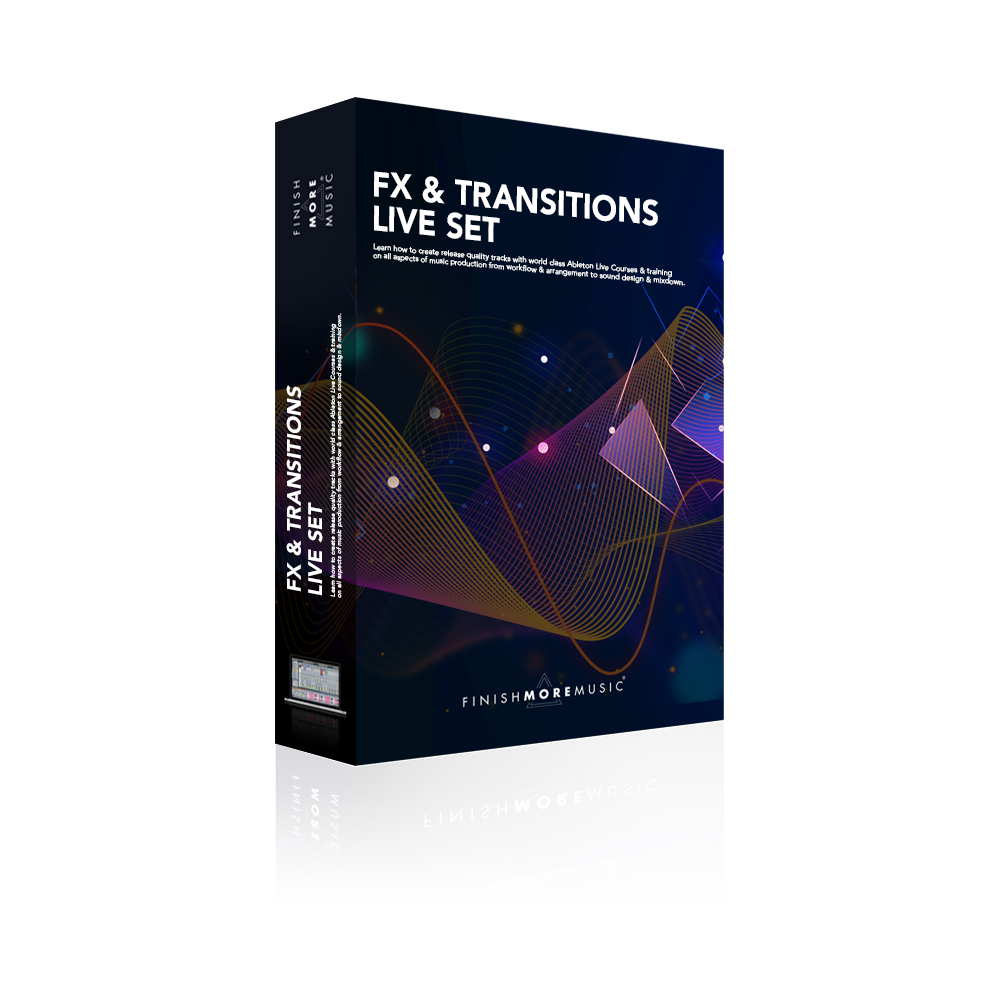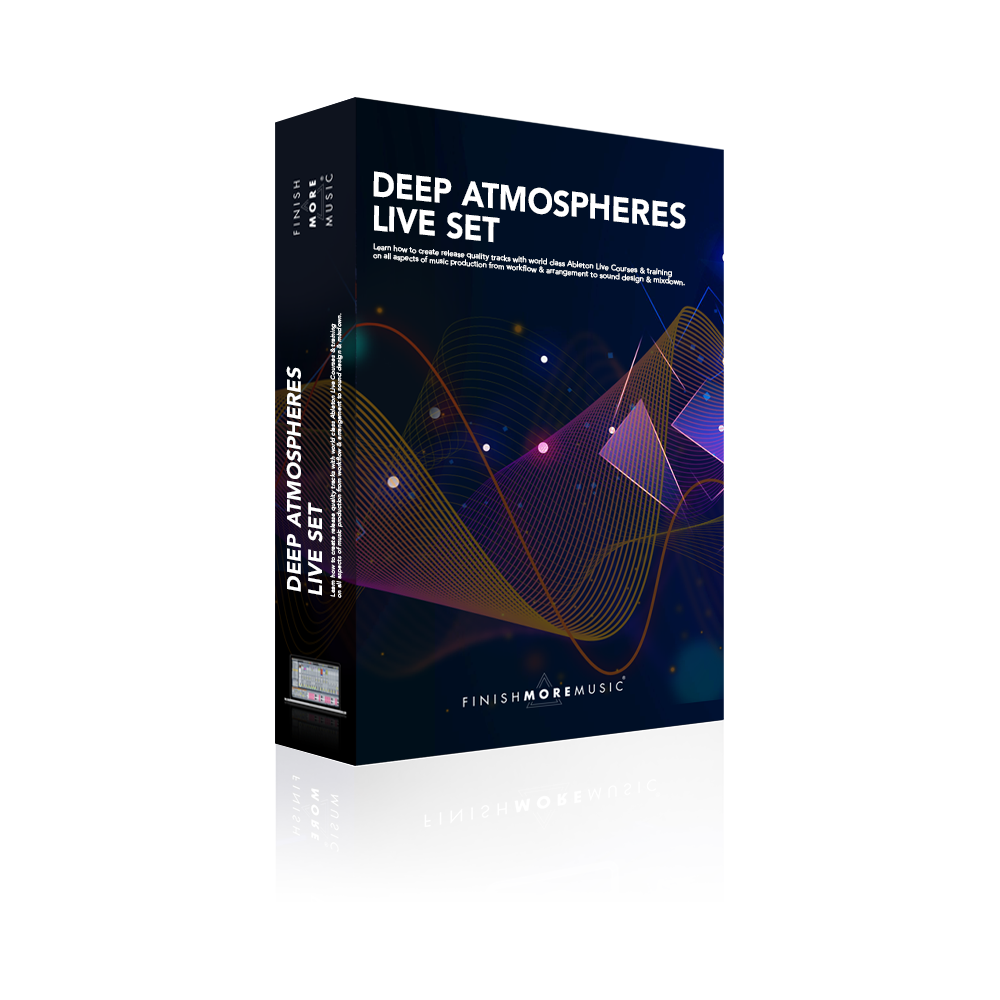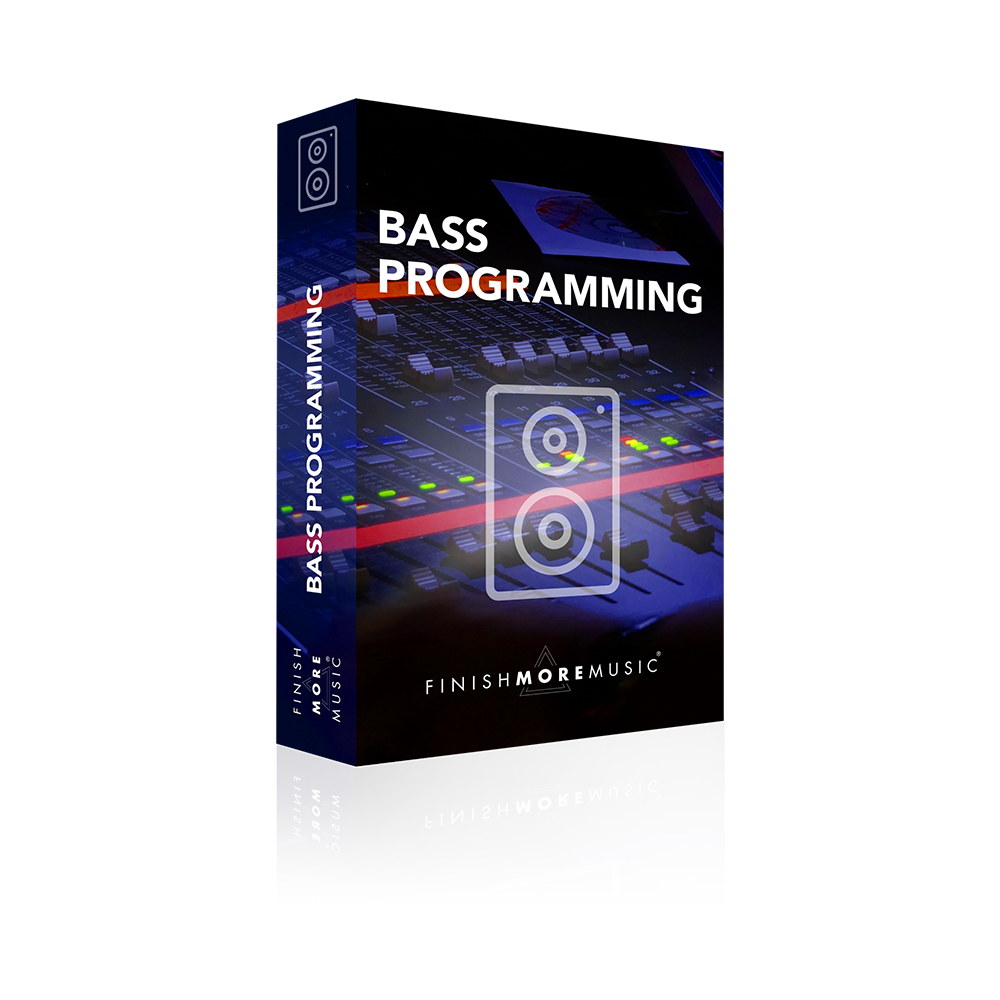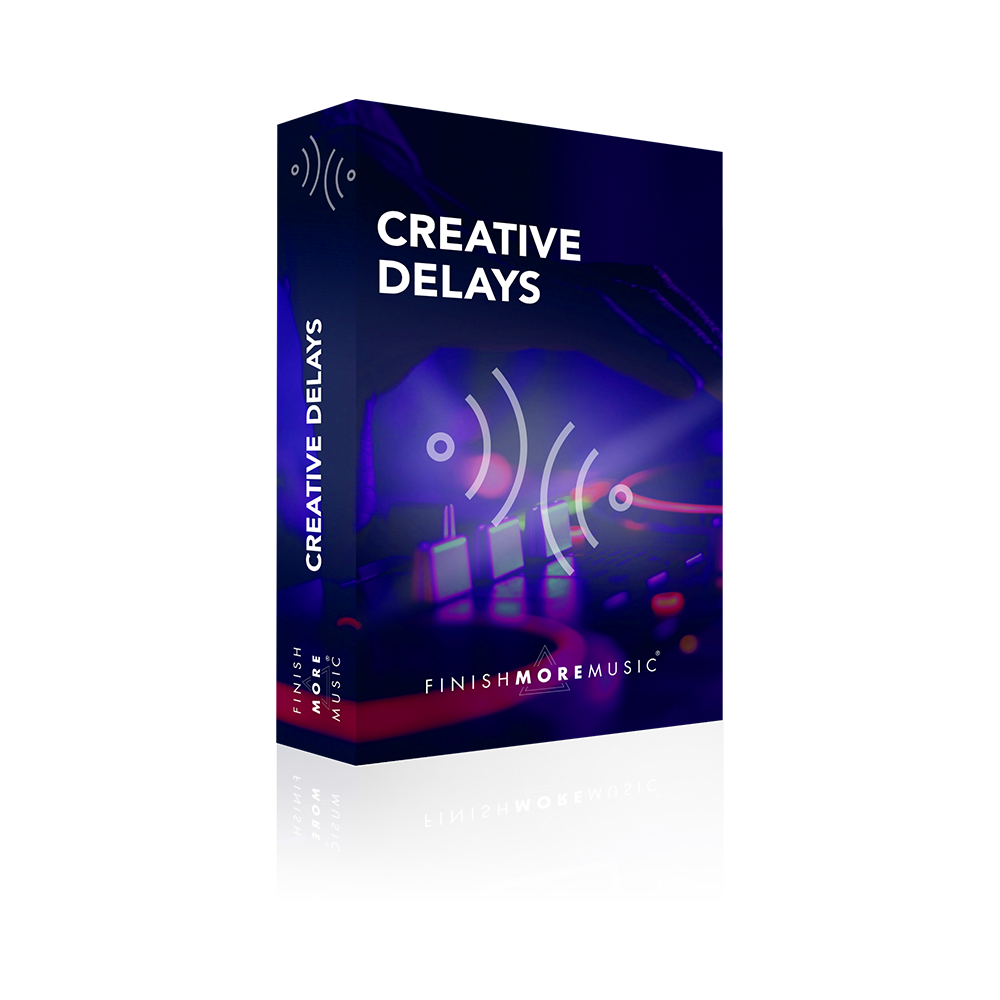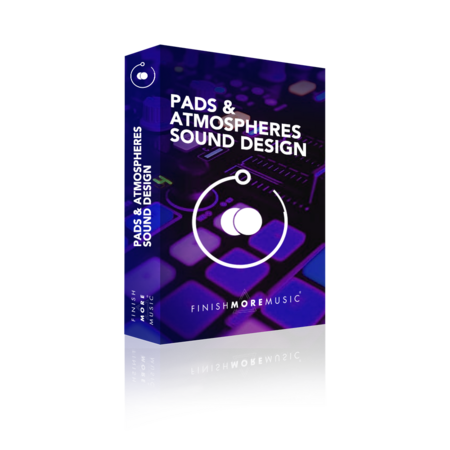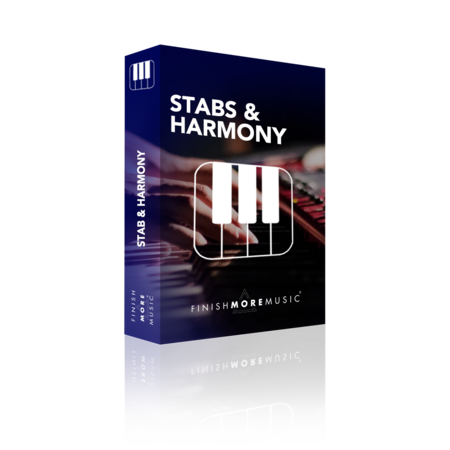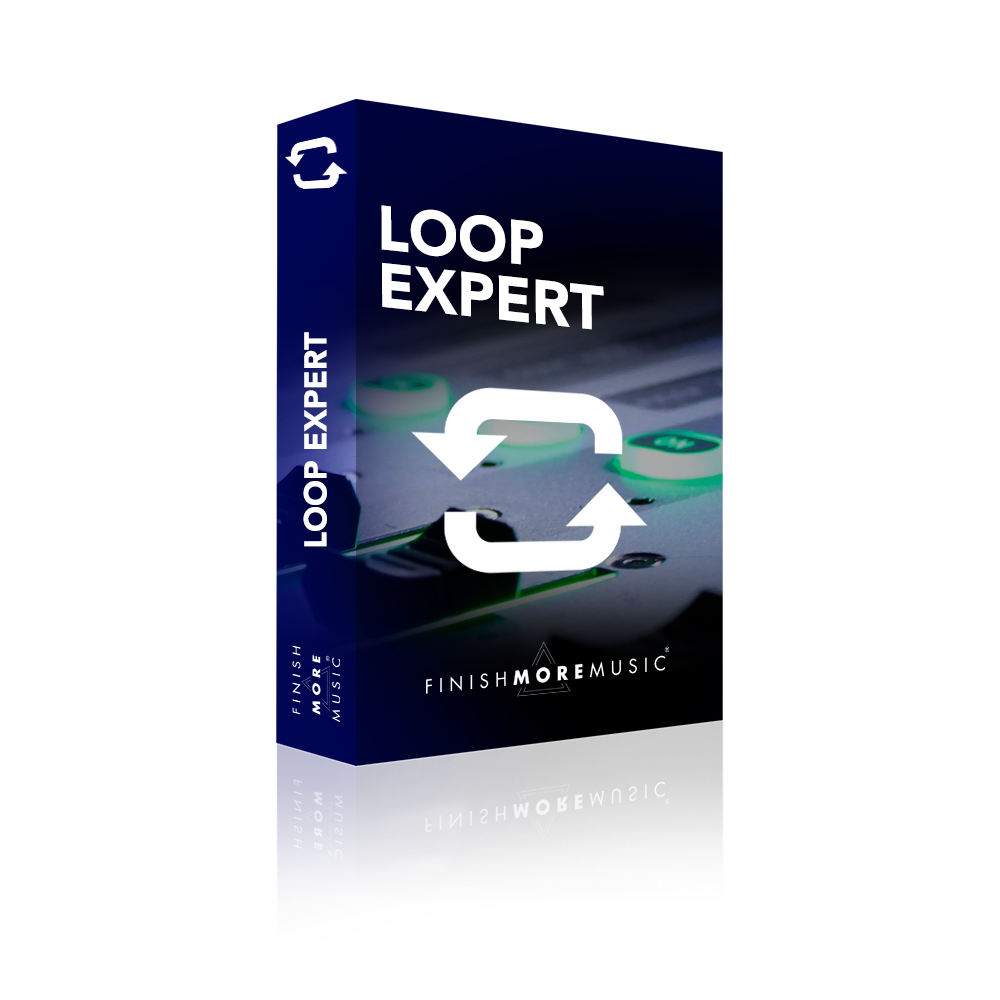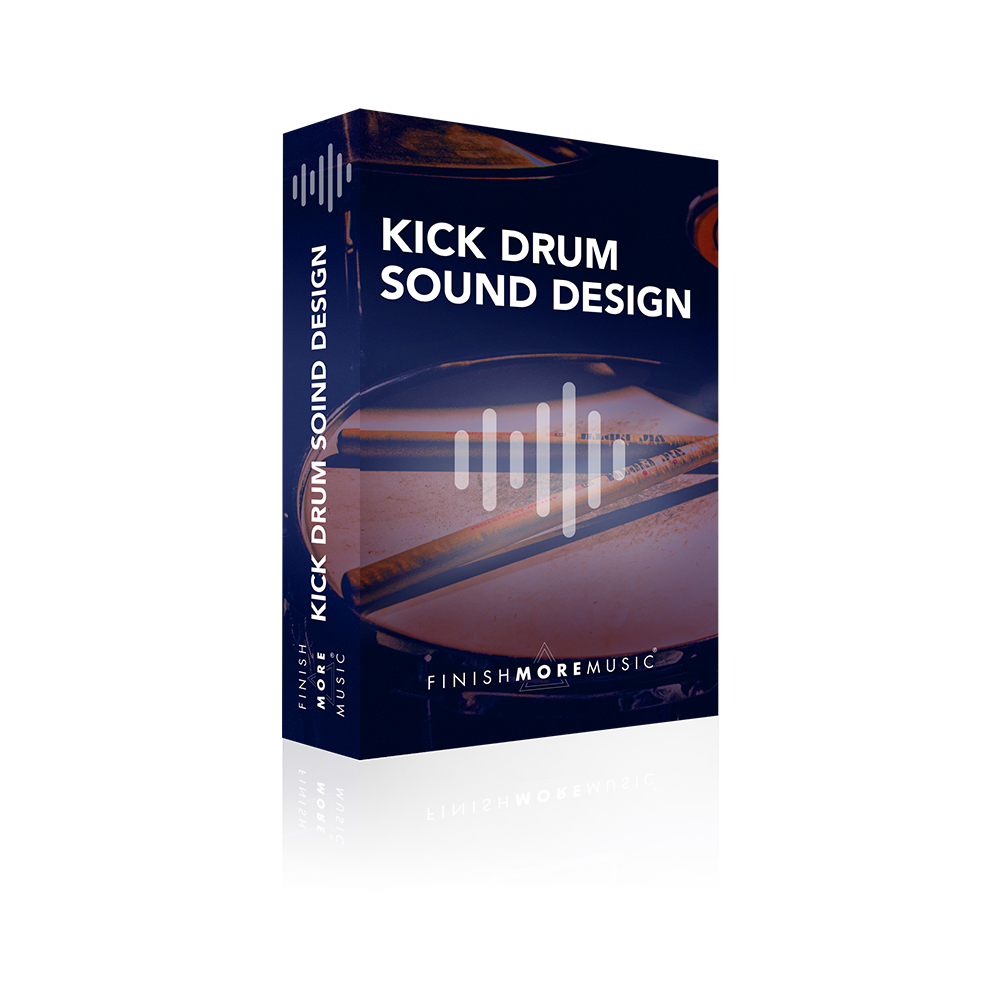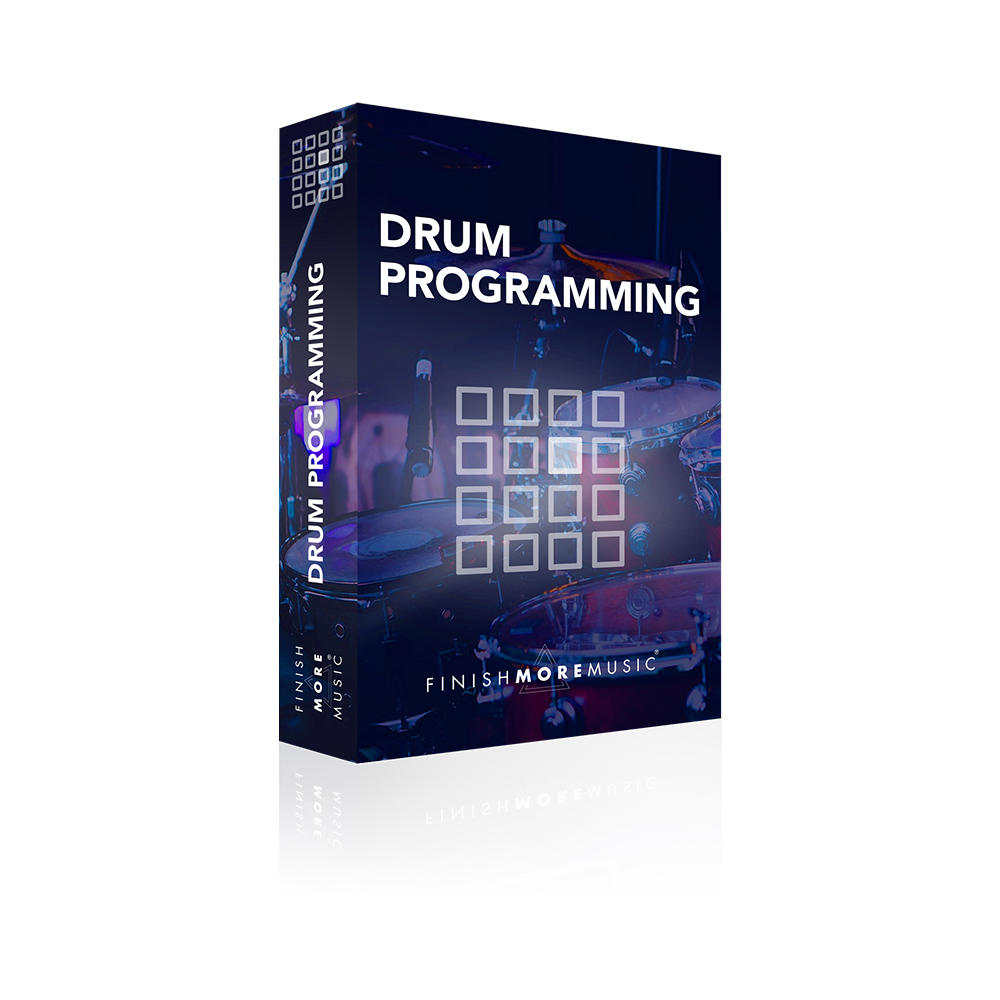Exclusively inside the FMM community we regularly host Masterclasses and Interviews with top pro’s in the industry. Recently we had the Techno legend Roberto host an interactive live class with our members. We opened up his DAW, examined 2 of his top tracks, and the community was able to ask him any questions on his mindset, workflow and other industry secrets. This week I’m giving you a sneak peek into this incredible Masterclass where Roberto explains to us the importance of finishing music and how that has helped him become the prolific Techno producer he is today.
Transcript
Basically I mix in stereo in Cubase and this is the particular plugin that I use. I’m not sure if I used it here [Music]. Yeah I did. So this is PSP 84, which is a delay unit.
Is it the one that’s got reverb in it as well?
I think so, yeah.
Yeah it sounds awesome. I think I’ve got this one.
[Music] that’s just bang in the middle, the ride, but what I find if I can like stretch it out using a wide stereo Widener, pulling it really wide it sits really nicely over the top [Music]. when I click that on it just pulls it out and a friend of mine, the drum bass guy, made this preset years ago using a delay. I’m not sure how he did it in here but it’s just the preset that I’ve got and it just makes everything super wide use stereo widening plugins different same thing basically but this I find sounds wicked when once you start putting it out wide especially like stuff in the high end.
Uh-huh.
You can’t really do it with low end because especially if you’re cutting vinyl records. As soon as you pull the bass out wide that is just a no-no when you’re cutting vinyl. So that everything in the low end must be as central as possible. Else, you just get an accolade basically. I’m not sure actually in Cubase there used to be a thing way on master you could just click a button and it would just put it all mono and then you could check how the mix is going compare to stereo and that’s, it’s probably a plug-in in here that does it now. That’s something that I should really be doing but I I don’t.
But you’ve been getting away with it quite happily without it.
Basically yeah.
There you go I think that speaks volumes anyway..
But when I do the live when I do the live that is purely mono because it’s eight mono channels coming out of the MPC.
Uh-huh. Okay, cool. Let’s go..
Liam Farnfield – do you work on a couple of tracks at once or one track and see it through until it’s finished.
Almost every time I will start and finish a track. It’s quite rare I have multiple stuff going on.
How many of on your spreadsheet now because that was, I mean we were you, I think it was like 458 or somewhat like that I don’t remember the exact number when we did the pro interview, and I’m pretty sure it was around that or 468.
568 now.
568 now, done another 100.
Okay, Dovydas says what is your initial idea generation process. So we’ve already covered that.
Just going back to that previous point Keith because I think this is really important. So I always start and finish my tracks and it’s not so relevant now but when I was really learning production, I set myself that rule and the reason for that is, and you might make a track which is crap, but if you finish the thing, you’ve still learnt something because you’ve done all the different parts to making a track. Now if you just start projects willy-nilly and never finish them, you could hit upon one eventually which is fucking awesome tune but because you’ve never finished the others, you’ve never arranged them, you’ve never mixed them, for you’ve hardly ever done it, you could quite easily kill the vibe of the track or just not fulfill its full potential whereas if you’re really good at doing the arrangements and the mixing in all this processing, when you do come to getting something really good on the go you can just run with it and get it done really quickly. And I learnt so much in the first few years by doing that.
Words of wisdom.
I’ve released a brand-new totally free ebook for you called creative strategies for finishing more music. It features some of the world’s top underground producers sharing their inside tips on how to be prolific, handle creative pressure, turn your inspiration into finished tracks and give yourself that important edge in the music industry. The e-book has 15 pages rammed with insights and workflows from some of the world’s biggest underground music producers including John Barlow Fleming, Slow MeHaba, Claude Young Jr. and Mark Jenkins and there’s loads more the ebook is totally free for you so dive over to finishmoremusic.com/ebook and grab yourself a copy now.
Thank you for watching
I really appreciate you tuning in and I hope you’re enjoying the tutorials and taking some real value into your music sessions.
If this video resonated with you and you feel it will have a positive impact on the people you know, please share it by using the social media buttons you see at the bottom of this page.
To make sure you are always the first to know when a new video lands: Subscribe to the FMM Youtube channel here.
Let me know how you get on with the techniques I showed in the videos and if you have any suggestions for future tutorials, ping me a message on Instagram (@IamKeithMills)
